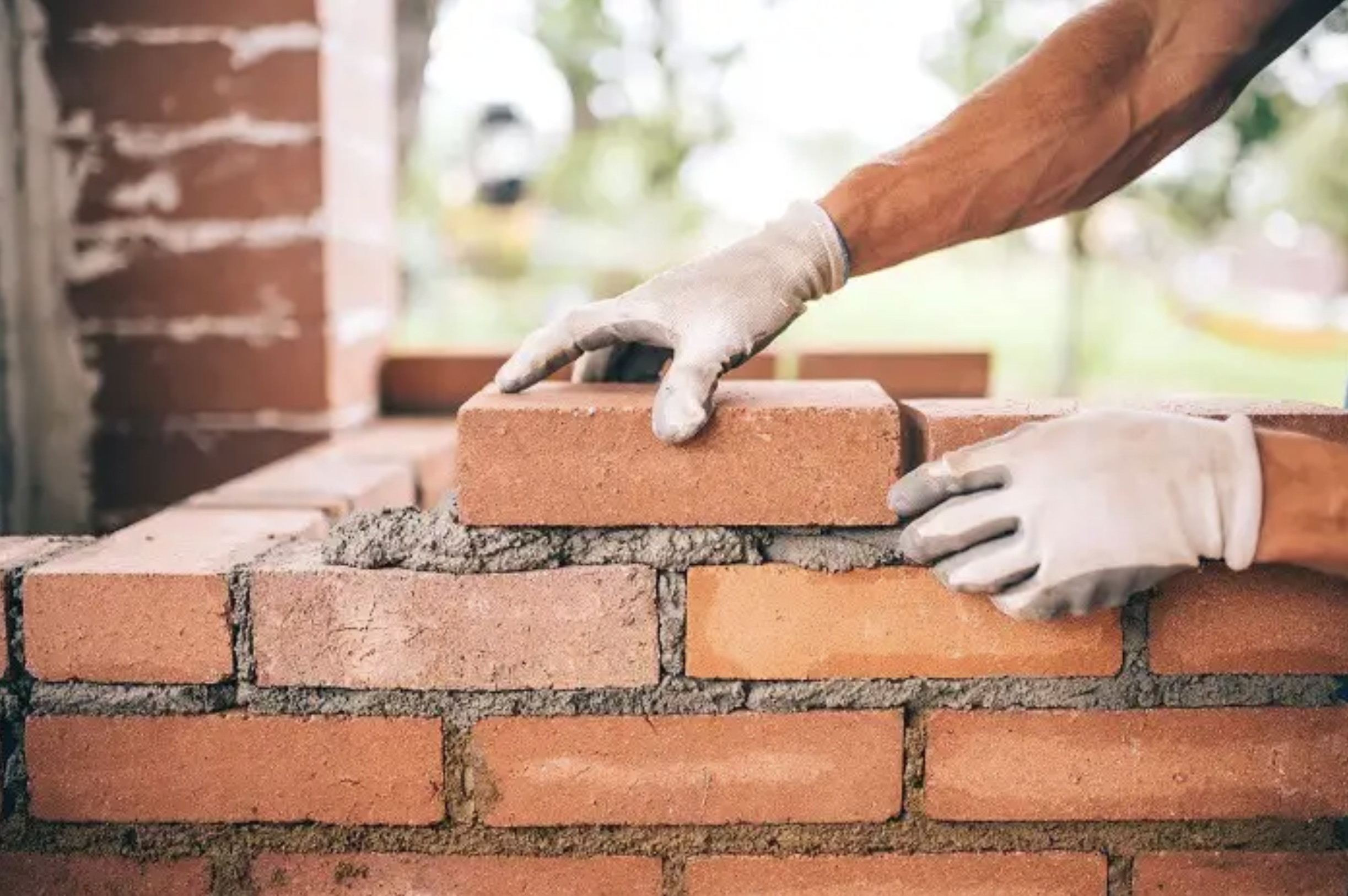Confidence Brick By Brick
7 Ways to Turn Compassion Inward
Image by Ivan Ignatovich from Unsplash
Confidence is the belief that one can trust-in or rely on something.
Self-confidence is trust in our abilities, in our character, our qualifications and accomplishments. Self-confidence is not a fixed element, and that’s good news. Self-confidence can be built, shaped, and tapped. Self-confidence plays heavily in both our work and professional lives. Self-confidence is more important than most people realize, as it is connected to almost every element of a happy, fulfilling life.
Why is Confidence Important?
Confident people trust themselves. They expect that they will be able to navigate whatever and whomever comes their way. Confident people are more adept at establishing priorities and quieting distractions, and confident people more reliably follow-through on plans. Self-confidence is foundational to knowing and feeling at home with ourselves. It is the basis of self-regard, which is the basis for loving life and others. Confidence people are more decisive, more resilient, and studies indicate that confident people enjoy better health.
Lack of confidence correlates strongly to overly critical self-talk and continuously comparing oneself to others. Those who lack self-confidence undervalue their own strengths, ideas and opinions, and instead focus on perceived faults. The bottom-line solution to the spiral of self-criticism is self-compassion — the simple, not-easy process of turning compassion inward, and conversing and behaving toward the self with kind understanding and self-regard. Will there always be someone who is more clever, more charming, more connected, than we are? Maybe. And what of it? Every person is a capable, marvelous mix of skills, insight, accomplishments, potential, and humanity. Every person has a story, much to teach, and much to offer. When we embrace our humanity, what we know, and what we can contribute, do and be, we help ourselves and each other.
Image by Tiger Lilly from Pexels
Cultivating Trust and Self-Assurance
The truth is, self-confidence affects the most important aspects of life, and the way we show up, act, and carry ourselves at work and in life matters. Maintaining a healthy, realistic view of oneself isn’t about showing off. It’s about learning to like and respect yourself, faults and all. Knowing our strengths, trusting ourselves, expressing points of view with assurance, and standing firm when it’s time to do so makes a profound difference in terms of opportunity, relationships, and self-actualization.
Confidence is psychological in that it’s tied to memory, experiences, and to inner chatter. Confidence also includes physical components, as confidence can be affected by smiling, posture, the way we present ourselves, walk, and take up space. Standing tall, crossing a room with assurance, or strategically choosing a seat can affect everything from how qualified one feels to complete a task, to speak up, or even how well one does on a test. Like any skill, confidence can be strengthened by taking particular steps, and by practicing looking, sounding, moving, and acting confident. Self-confidence is strengthened by preparation, positioning oneself as a learner, and pursuing goals. Additional confidence-builders include:
1- Make incremental improvement a habit.
2-Surround yourself with supportive, achievement-minded people.
3-Keep focus on the bigger picture. Don’t give power to negative comments or tone from others.
4-Replace win/lose thoughts with a win/learn mindset.
5-Check pre-conceived notions and self-consciousness at the door by trying new things, going new places, or changing up long-held routines.
6-Be polite but take a stand when it’s time to do so. Speak up.
7- Be optimistic about succeeding. Expect to arrive, win, learn, etc…
Confidence is not arrogance, and it’s not wide-eyed hyperbolic self-talk. Confidence is a quiet, foundational sense of certainty about ourselves, and the benefits of self-assured confidence is clear. When people feel confident, they can more easily adapt, learn, enjoy, and move through life. Confidence helps free us from negative self-talk and from worry about what others think. When people feel confident, optimism, energy and increased motivation are usually not far behind. We can build confidence brick-by-brick, by focusing on preparation and learning, by getting comfortable with the uncomfortable, and by focusing on incremental improvement. The benefits to our peace of mind, and to our professional and personal lives can be immense.


